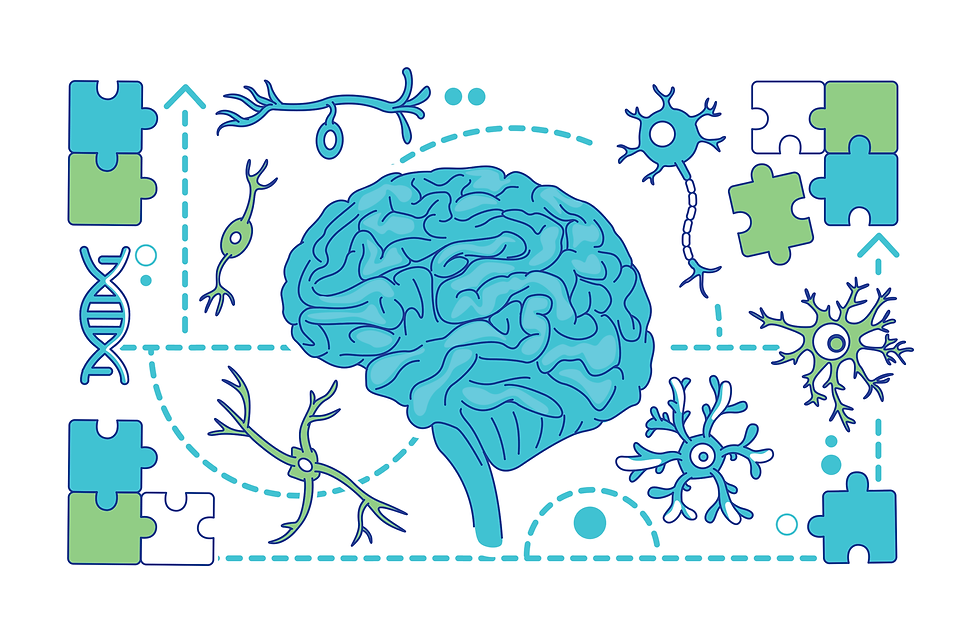Autism Grandparents and Independent Living Skills
- Coordinator John Bryan

- Jun 20, 2022
- 2 min read
We of course hope that our grandchildren will eventually learn how to live independently, and we grandparents can be especially helpful with our autism grandchildren. Basically, whenever they are in our care, we can look for and embrace learning opportunities – and the younger the better. And whether or not they are good candidates for future independent living, they can still learn skills.

Independent living skills can be grouped into ten categories: health (medication management, sexuality, etc.); safety (at home and in the community); career/employment; self-advocacy; socialization (friends, communication, processing verbal and non-verbal cues, etc.); financial management; community involvement (restaurants, events, places of worship, etc.); transportation (including appropriate behavior); leisure (recreation, team activities, etc.); household (eating, cleaning, laundry, etc.).
Although some communities offer actual classes taught by trained and certified professionals, we autism grandparents can also be important and productive “teachers.” When our grandchildren are with us, learning opportunities can be found almost everywhere, for example: putting clothes into the washing machine, cracking eggs for cooking, using the remote control for the television, opening an umbrella, inserting the credit card at the store, selecting fruit at the grocery store, and on and on. We can look for opportunities to attempt to teach our grandchildren skills that they don’t yet have.
Three guidelines are usually helpful. One is to use positive reinforcement and congratulatory encouragement – and avoid negative comments. “I’m so proud of you for trying! I bet you’ll do even better next time!” A second is to teach the skill in its normal situation. For example, you can do “pretend” purchases with play money at home, but even better is involvement in a real store. A third is to use visual supports such as pictures, checklists, charts, etc. For example, put a star on a picture of a washing machine each time the clothes are loaded correctly.
Grandparents are sometimes better suited than parents for this sort of life skills education simply because our lives can be less hectic than those of our grandchildren’s parents. Often we are retired and don’t face the normal everyday challenges that confront working parents. We usually care for our grandchildren on a part-time basis rather than 24/7. And we of course have the advantage of the wisdom that comes with already having raised children. On the other hand, autism parents are constantly bombarded by the challenges of autism as well as their jobs and the learning curve for being parents.
A final key for teaching independent learning skills is practice, practice, practice. No matter how many times our grandchild practices crossing the street, more practice is still helpful.
If you can, it is helpful to document learning opportunities and chart the progress. This will not only help you keep up with the progress levels, but will also be a great vehicle for sharing the information with your grandchild’s parents, teachers, therapists, etc.
Autism Speaks (www.autismspeaks.org) offers a free, comprehensive “Community-Based Skills Assessment” instrument that’s available for download on the website. It’s for use for persons age 12 and up. It’s EXTREMELY comprehensive (54 pages), and has graphs, charts, scoresheets, etc. Although the document is way too exhaustive for my use, you may want to take a look. Perhaps it will be a source for productive ideas for your specific situation.



Comments